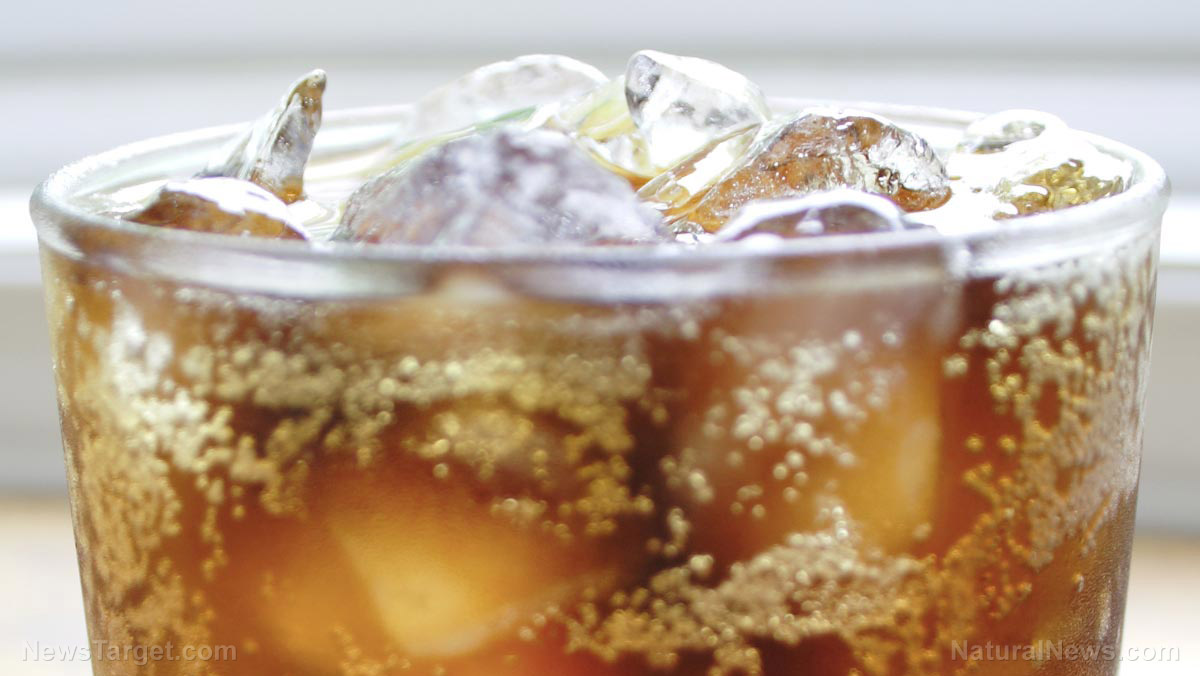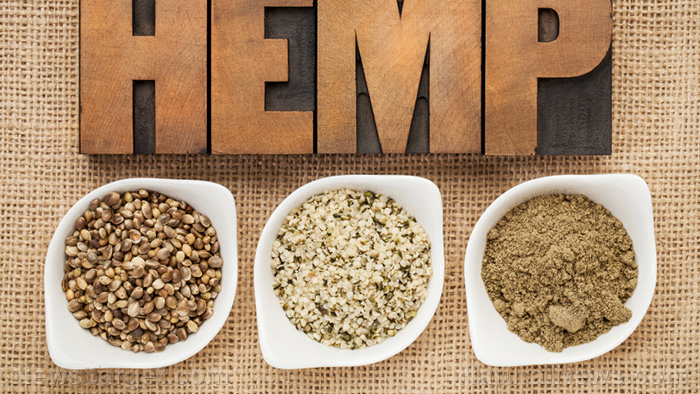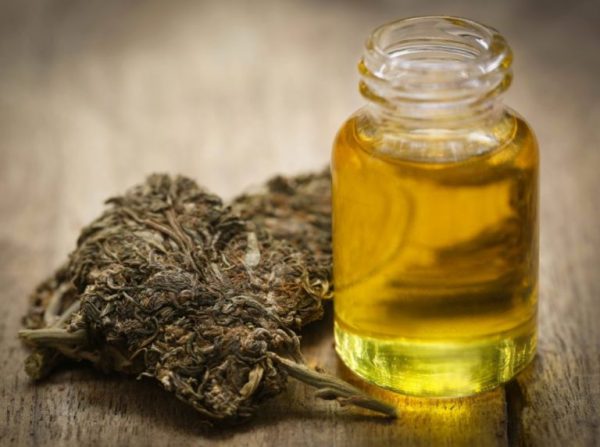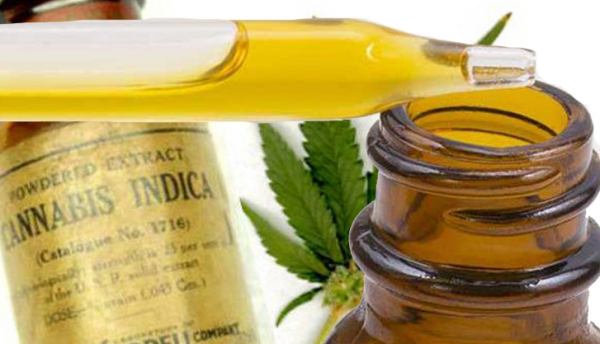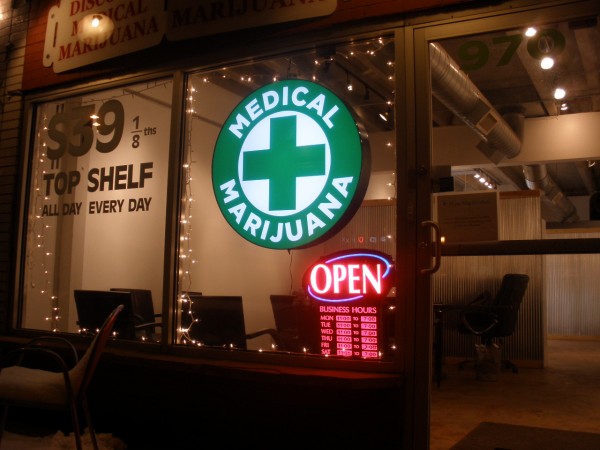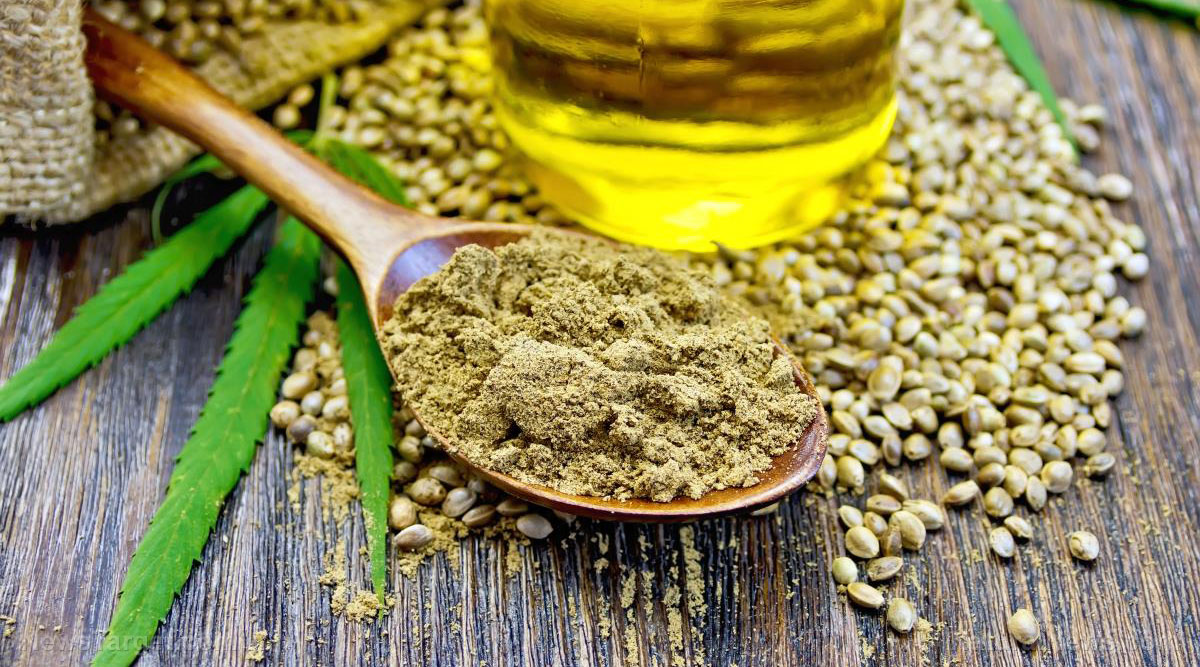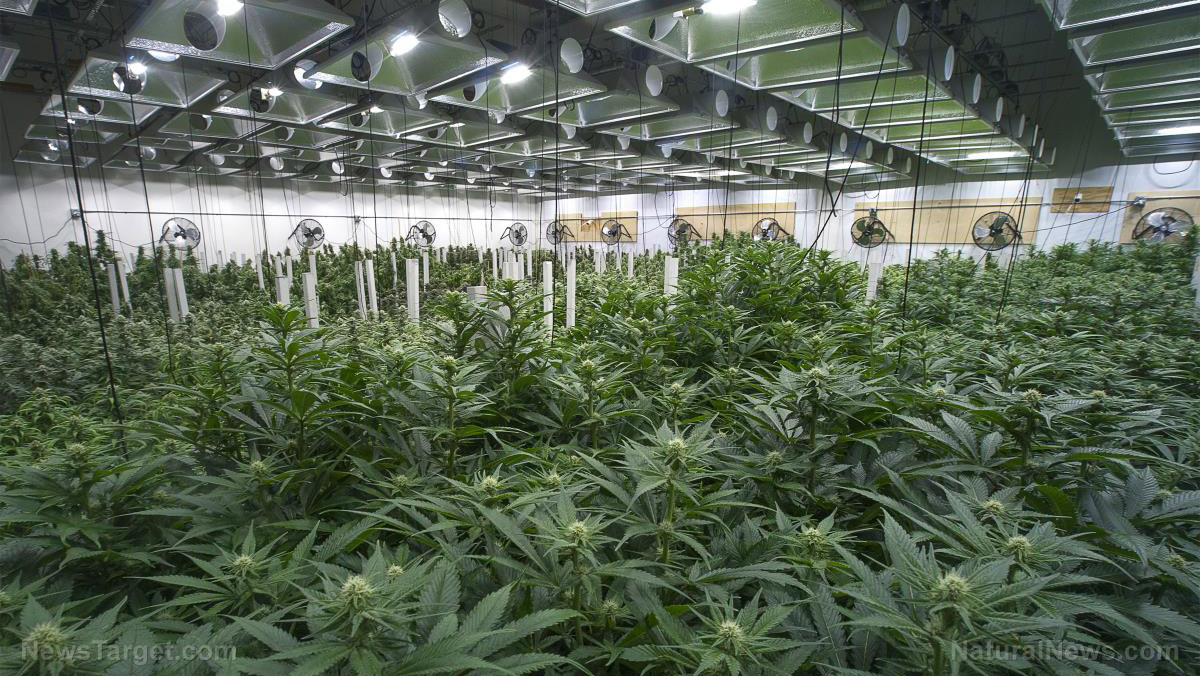Hemp food, hemp bricks, hemp medicine, hemp clothes, hemp could be everywhere
09/19/2016 / By hempscience
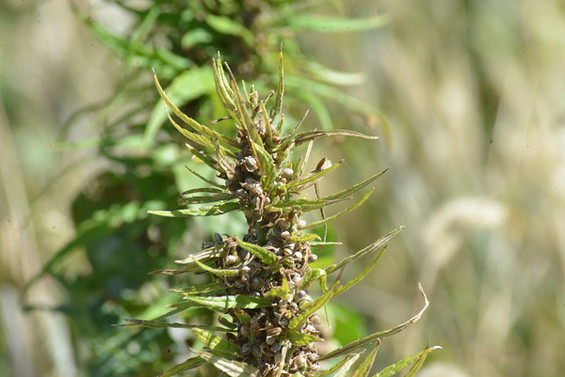
Campaigners are hoping to raise awareness of New Zealand’s potential multi-million dollar hemp industry in a special week of events starting tomorrow.
Article by Glenn Mcconell
The Hemp Industries Association will be meeting with the Ministry of Health, farmers and the public in a push to advertise the plant’s 50,000 practical uses and benefits, said the organisation’s treasurer, Richard Barge.
The group lobbies Government with the aim of loosening constraints on hemp and encouraging research into the field.
Currently, Kiwi farmers have to pay a $511 license fee to grow hemp.
Barge said: “New Zealand is a great place to grow hemp and the product has multiple uses outside of what people usually associate with it – medicinal and recreational cannabis. There are different varieties of plant and with sustainability becoming a key part of manufacturing, the market is growing fast.”
Hemp can be pressed into fabric, used in construction and consumed as a pill. But it can’t get you high.
Depending on who you talk to, hemp is a miracle plant.
The allure of the plant, its many potentials and its cohesion with the environment, has garnered the plant some committed fans.
Dave and Anne Jordan are two unwavering supporters of the hemp industry.
In 2005, Dave sold his gliding company in Franz Joseph to start producing hemp products.
“It’s the new economy,” he says.
The couple started the company, Hemp Farm, in 2008. It’s been eight years, and they’re still not making a profit, Dave says. But he isn’t worried.
“Profit’s got nothing to do with it at this stage, it’s all about future proofing the economy.”
According to Dave, New Zealand’s about to go through “a revolutionary stage”.
The couple invest all their spare cash into the hemp farm, he says. They want remain ahead of the hemp game.
The way Dave sees it, once the farming industry realises how lucrative hemp can be, everyone will want a part of it.
Their business started off with a farm growing hemp, it’s since expanded to 12 hectares of hemp as well as processing facilities for the primary product. From their website, they sell hemp seed oil, facial serum, oil capsules and “animal hemp powder”.
Shoppers can even buy a hemp oil and “animal powder” combo.
But why “animal powder”? That one word, “animal”, exploits a loophole in New Zealand law. It’s illegal to sell food containing hemp, expect for hemp oil. However, there’s no law prohibiting animals from consuming hemp.
Environmental supermarket chain Commonsense Organics stocks a range of hemp based products, including hemp protein powder.
Executive Director Marion Wood admits, selling hemp foods is illegal.
“We have pet food,” she says.
Is she concerned that people could be consuming the hemp protein “pet food” powder as well?
“If it’s a nutritious food then why would I be concerned? But we don’t encourage people to break the law, even if the law is silly,” she responds.
Wood says their stores used to sell hemp seed milk, until the Food Standards Authority informed their supplier it was illegal, in 2014.
“That product was incredibly popular,” she says.
Although hemp is a form of cannabis, it has no euphoric effects. Despite its near non-existant levels of THC (the psychoactive substance in marijuana) – less than 0.35 per cent – hemp remains regulated by the Misuse of Drugs Act.
In 2002 and again in January 2015, New Zealand and Australia’s joint Food Standards Authority advised the Ministers for Food Safety to allow hemp to be used in food. The then Ministers rejected both recommendations.

